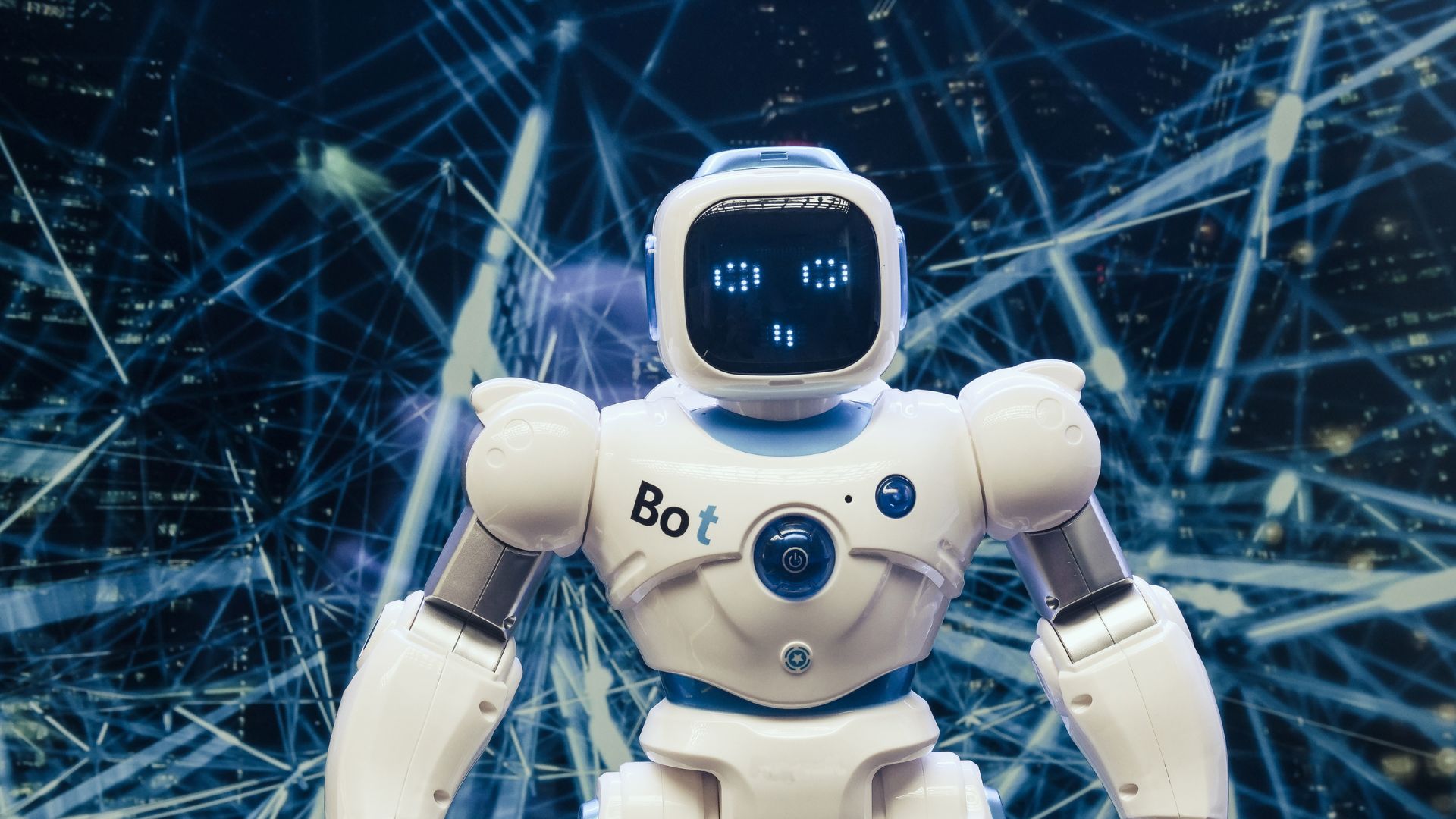The role of artificial intelligence in early childhood education
Artificial Intelligence (AI) has been making huge advances these recent years. AI can be referred to as the act of developing an algorithm or computer systems that can perform tasks normally requiring human intelligence [3].

Role of artificial intelligence in early childhood education
AI has indeed become a part of our day-to-day life and served many benefits in various settings- from corporate sector to early childhood education. In the education sector, many have noticed that AI does enhance children to learn more effectively and have more positive childhood classroom experiences. AI also have the likelihood of helping to enhance the quality care provided by early child practitioners or parents.
Studies have shown an increase in the importance of AI in early childhood education. Technological advancements like AI allows for speech recognition activities, language translation and visual perception tasks.
Researchers have accredited the role of AI in helping to provide greater speech fluency, problem solving skills, cognitive abilities and even to secure better career opportunities for children when they transit to adulthood.
Examples of AI technology in early childhood education
Muse, a mobile app powered by AI, helps parents develop traits to predict better life outcomes like emotional intelligence, self-control, and persistence for their child. Muse concentrates on aiding parents by focusing on questions to decide on what to focus on and develop different traits while child-rearing [4].
Moreover, Bosco, another AI-run mobile app that models a child’s behavioral profile helps parents in identifying and protecting a child from digital threats. This is especially helpful for parents who find it tough to keep up with the child’s activities on the internet or online space. Bosco provides parents with another set of “eyes and ears” to aid them with observation of their child’s digital device usage. Taking into consideration factors like age, gender, and culture, the AI technology in Bosco sets up an expected online behavior profile according to the child’s history of usage and individual circumstances. The aim of this app is to detect potential red flag situations and hopefully shield the child from any threats online.
Dangers of artificial intelligence in early childhood education
That being said, vigilance and prudence are still necessary when it comes to parenting and childhood education in a digital world. There are several valid concerns around technology reliability and privacy. For example, the data collected by artificial intelligence systems could be obtained by hackers or malicious agents to threaten the child’s safety.
Furthermore, while AI can improve the educational experience, they must not be used as a substitute for personal human interaction. An assumption here is the use of AI could significantly reduce human interaction in early childhood education. Thus if your child relies too much on artificial intelligence for learning and growth, he or she could miss out on the tangible social benefits of actual human interaction -such as interaction with parents, teachers and friends.
Although talk has been abuzz about the field of artificial empathy, the latter cannot be a substitute for real human connection. Besides, your child cannot learn morals and virtues from artificial intelligence gadgets, devices, and machines. Instead, human educators like parents at home and teachers in school offer students opportunities to hone social skills such as empathy and communication skills. These social skills cannot be mastered simply by relying on artificial intelligence. Also, caution has to be exercised that students continue to exercise their intellect and thinking even as they are in contact with digital devices promoting artificial intelligence [2].
The bottom line
All in all, strides have been made in the field of technology to promote artificial intelligence as a tool for learning in early childhood education. That said, despite the conveniences artificial intelligence offers educators in teaching young children, they should not replace actual human educators in transmitting important values, virtues and morals. Moreover, artificial intelligence would never be able to replace the primary educators of children-the parents, in ensuring that their children grow up as well-balanced, disciplined and moral individuals.
To fully gain from AI, a well-thought balance must be struck between the robots that optimise tasks and the humans that use the machine. The goal of AI should not replace early childhood educators and facilitators but it should make their jobs easier.
References
[1] “The rise of Artificial Intelligence in child care.” [Online]. Available: https://www.careforkids.com.au/child-care-articles/article/673/the-rise-of-artificial-intelligence-in-child-care. [Accessed: 18-Sep-2022].
[2] M. Adil, “Top 10 negative effects of artificial intelligence in Education ” tech stonz,” Tech Stonz, 15-Nov-2021. [Online]. Available: https://techstonz.com/negative-effects-artificial-intelligence-education/. [Accessed: 18-Sep-2022].
[3] Race, “Advantages and disadvantages of Artificial Intelligence in Education,” Nidda Rohaila, 01-Sep-2022. [Online]. Available: https://niddarohaila.com/advantages-disadvantages-artificial-intelligence-education/#advantages-and-disadvantages-of-artificial-intelligence-in-education. [Accessed: 18-Sep-2022].
[4] N. Sahota, “Ai powered parenting: Entering the age of Digital Childcare,” Forbes, 22-Jun-2020. [Online]. Available: https://www.forbes.com/sites/neilsahota/2020/06/22/ai-powered-parenting-entering-the-age-of-digital-childcare/?sh=546541636c53. [Accessed: 18-Sep-2022].
Tools Designed for Healthier Eyes
Explore our specifically designed products and services backed by eye health professionals to help keep your children safe online and their eyes healthy.

